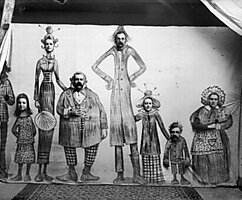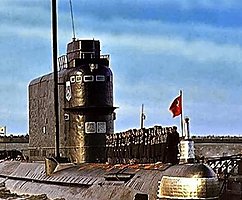Diesel fuel from plastic bags
 Bashny.Net
Bashny.Net

Plastic bags in many places, banned. But the problem remains. Mountains of plastic waste is still disposed of in landfills without any processing. Perhaps the study, researchers from the University of Illinois at Urbana Champaign will be able to change the situation. As it turned out, plastic bags are a valuable raw material for the production of quality petroleum products.
Headache environmentalists and community services, source of waste and pollution to the environment plastic bags can be converted into diesel, natural gas and other useful petroleum products. As a result of transformation of plastic is much more energy than is consumed. Motor fuel, for example diesel, which is the result of the process, can be mixed with existing types of low sulfur or bio-fuels. Other possible products, such as natural gas, solvents, gasoline, waxes and lubricating oils also can be obtained from those plastic bags that are still aimlessly poisoning the environment.
The process described in the journal Fuel Processing Technology involves the heating of the packages in an oxygen-free chamber called pyrolysis. "You can only get 50-55% fuel in the distillation of crude oil, says senior researcher Illinois sustainable technology center (Illinois Sustainable Technology Center) and head of research Brajendra Kumar Sharma (Brajendra Kumar Sharma). But since this plastic is made primarily from oil, by distillation we can recover from almost 80% of the fuel".
Each year Americans alone throw away about 100 billion plastic bags. Us Agency for environmental protection (US Environmental Protection Agency) reports that only about 13% of this amount is recycled. The rest of the litter stays in landfills and pollute the environment. Once waterways and the ocean, plastic bags make up a significant part of the giant garbage Islands, killing marine animals and cluttering the beaches.
"Over time the material crumbles easily into small pieces and into the organisms of aquatic animals along with the plankton, says Sharma. Fish, birds, ocean mammals and other creatures find themselves with a large number of plastic particles in their stomachs". According to Sharma threaten nature and whole packages. "Turtles, for example, think plastic grocery packages are jellyfish and eat them," says the scientist.
Previous studies were aimed at obtaining plastic bags from crude oil. But the team of Sharma went further, and divided the raw material into various products to see how they will meet existing national standards in the United States. As it turned out, a blend of two fractions of distillation provides the equivalent of standard diesel fuel and meets all the standards.
"The mixture of diesel fuel was equivalent to the energy content, had a higher cetane rating and better lubricity than diesel fuel with ultra low sulfur" — said Sharma.
Source: facepla.net
Tags
See also
Biofuel from sugar and starch
Carbon dioxide is the basis for the new fuel
Chinese scientists have learned to recycle the plastic into diesel fuel
Tested the engine running without fuel
The Indian company manufactures fully biodegradable edible plastic packages
Science and Technology
France refused plastic bags, Russia
The near future the Russian additive technologies - production,which performs incredible tasks
The European Union is struggling with plastic bags
India bans plastic bottles

















